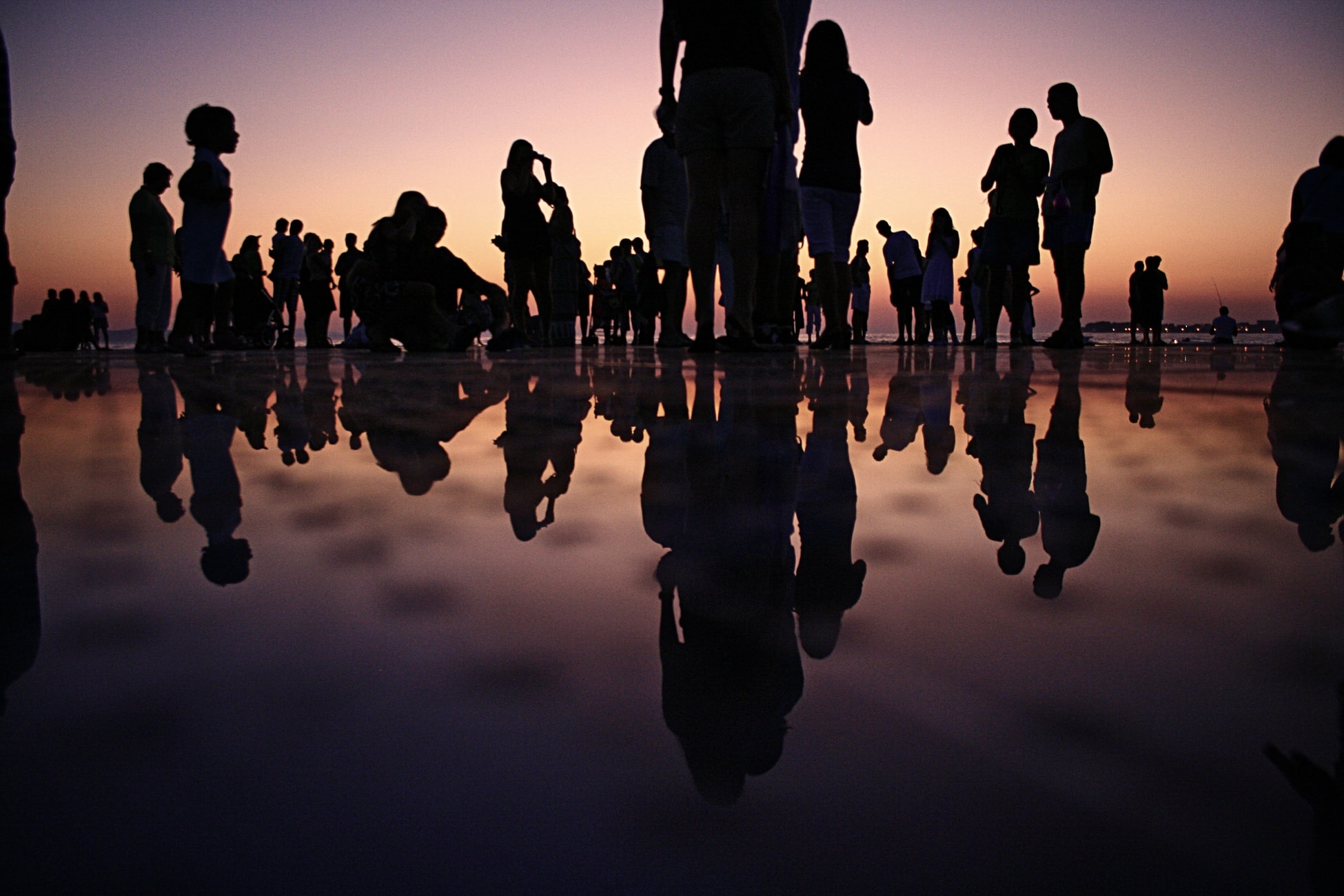
Our personality is formed by our genes, our lifestyle, our life history, and our environment. Now we learn it is perhaps molded by our inside environment, our microbiome, the ecosystem of gut microbes that live inside us and metabolize our food. As reported yesterday in Inverse, Katerina Johnson, a research associate at the University of Oxford, is publishing a study in the March 2020 edition of the Human Microbiome Journal, in which the gut microbiome is investigated with respect to human personality. The study reveals that people with larger social networks tend to have a more diverse microbiome, and as we know, a more diverse microbiome is associated with more optimal health. The study also found, like many other studies before, that anxiety and stress are linked to reduced diversity and an altered microbiome composition.
A few other studies looked into the link between social interactions and the microbiome: Dill-McFarland et al. 2019 concluded that close social relationships correlate with human gut microbiota composition. They found that married individuals harbor microbial communities of greater diversity and richness relative to those living alone. Levin et al. 2016 looked at animal models, specifically birds, and they found evidence that body contact interactions were related to diversity of socially transmitted microbes. Münger et al. 2018 found reciprocal interactions between gut microbiota and host social behavior.
And there is a book chapter that comes to mind about a magical town in Pennsylvania where people would not get sick and only die of old age. The chapter appears in the book “Outliers” by Malcom Gladwell. In it, researchers in the 1950s were trying to find out why the population of a small town in Pennsylvania were not getting sick, they were not getting heart disease, no ulcers, no suicide, no alcoholism, no drug addictions. People just died of old age. The study found that the only thing that set the town apart from any other town nearby was that people would stop to talk to each other in the streets and that three generations would live under one roof.
Why did that book chapter come to mind? The new study focuses on how our social personality, being an introvert or an extrovert, affects our microbiome, or how it is shaped by interacting with others. Being social means engaging with a lot of people as in the Roseta town, were people lived in a house full of people and stopped to talk to people on the streets, a town where even introverts could not keep to themselves. One can assume that they were surprisingly healthy because they had a healthy diverse microbiome. In today’s modern society where more and more people are living alone, it means that our microbiome is less diverse. A less diverse microbiome is linked to anxiety, depression and stress, but does it mean the microbiome caused these personalities, or is it the new modern lifestyle that is reducing the diversity of the gut microbiome? Science does not have a concrete answer, but suggests it could go both ways. The newest study ends with these words:
Finally, it is pertinent to reflect on the ways in which our modern-day living may provide a perfect storm for dysbiosis of the gut. We lead stressful lives with fewer social interactions and less time spent with nature, our diets are typically deficient in fibre, we inhabit oversanitized environments and are dependent on antibiotic treatments. All these factors can influence the gut microbiome and so may be affecting our behaviour and psychological well-being in currently unknown ways.
